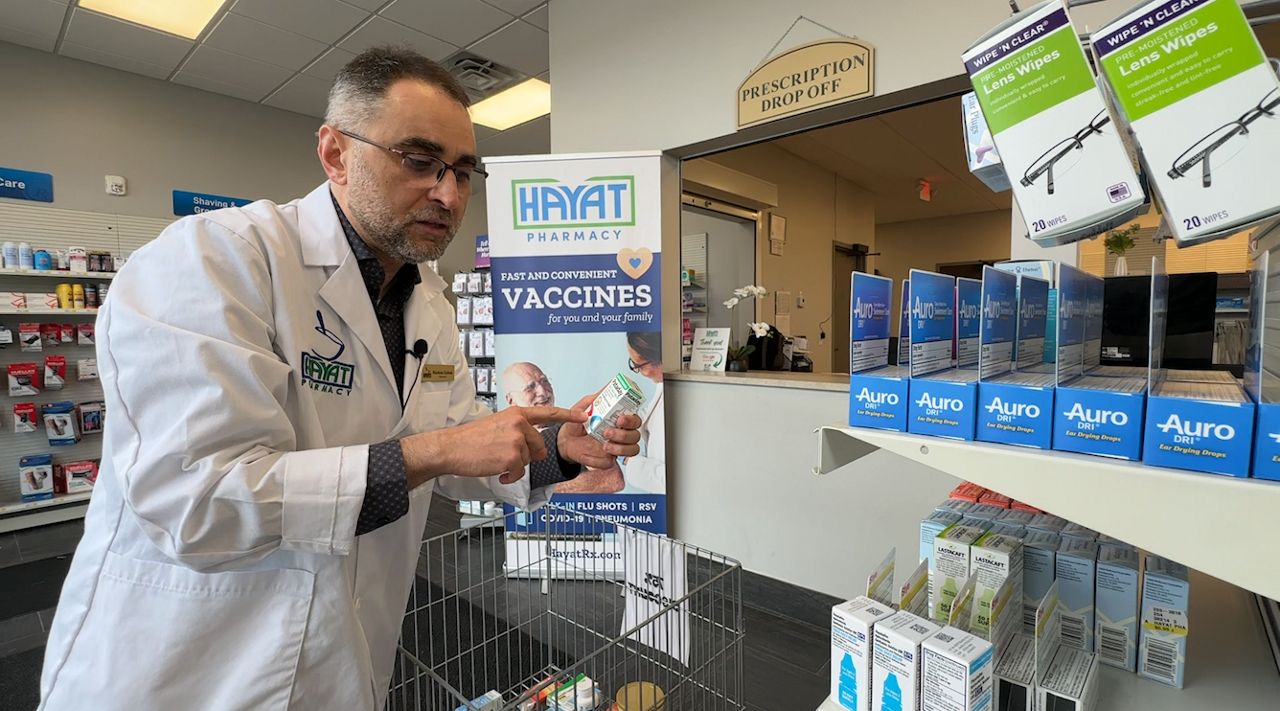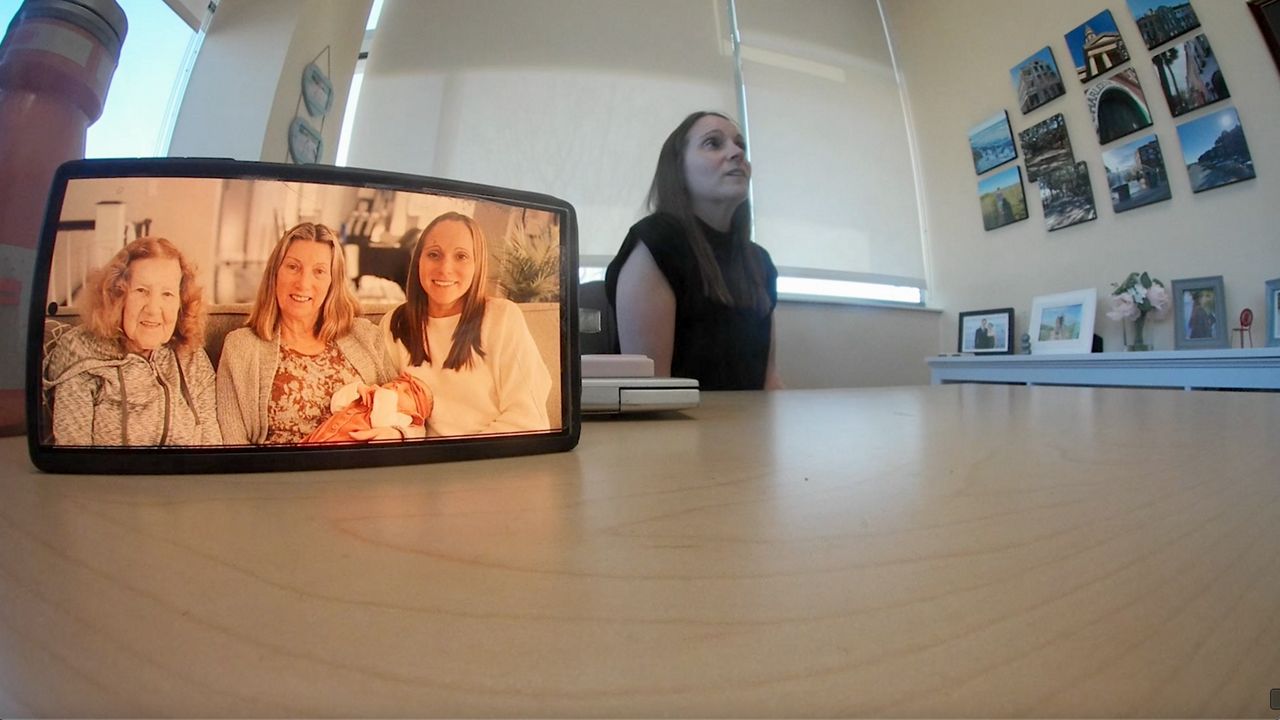WISCONSIN — The holiday season can be a time of heightened illnesses. COVID, RSV, the flu and the common cold are circulating across Wisconsin.
Dr. Angie Qualio practices emergency medicine for Bellin Health in Green Bay.
“We’re seeing Rhinovirus, which is probably the most common, but right behind that is COVID and influenza,” she said.
A common question people often have is knowing when to go to an urgent care clinic and when to go to the emergency room. Qualio weighed in.
“In the emergency department, we’re there when something seems different than your average cold,” she said. “You’re short of breath, you can’t catch your breath, you’re having chest pain, and it’s not just some discomfort with coughing.”
“If you are having more of the average cold symptoms, that’s when more of a fast-care, or urgent care, is the correct place to be seen and get tested,” she added. “If you are just looking to get tested, the emergency department is not the correct place to seek care.”
In terms of having a fever, Qualio said there is no certain number she considers a threshold to seek professional care.
“If someone comes to me and says, ‘I’ve had a 101 versus a 103 fever,’ that is not likely to change my plan of care for that patient,” she said. “If you’ve had extended days of fever, that might be a sign that something more serious is going on.”
She added that if you’re on day four or five of a fever and you’re still feeling ill, it may be a sign that you should be seen by a doctor.
She also said having a fever when exposed to heat is a much different situation, as your body’s ability to fight heat has been broken down.
Bellin Health offers a 24/7 nursing hotline, virtual visits and drive-thru testing. Drive-thru testing does require an appointment.
As the holiday seasons continues, multiple gatherings with friends and family become more common.
Qualio had advice for people not wanting to infect others.
“It’s always hard to say exactly how long somebody is infectious for,” she said. “The advice we give is you should be 24 hours fever-free without needing something to reduce that fever, so you’re not taking Tylenol or ibuprofen to get that fever down.”
“You don’t have to be completely symptom free, but you should be on the mend, and you want to practice good hygiene; not getting close to people, covering your mouth when you cough, washing your hands,” she added.
She also said there may be people in these gatherings who have compromised immune symptoms. She advised letting people know if you have been fighting an illness and asking if you should wear a mask.












